Isosorbide dinitrate
✅ Relieves angina
✅ Vasodilator effect
✅ Improves blood flow
✅ Reduces chest pain
✅ Oral medication
Sorbitrate contains Isosorbide.
Product Overview
Sorbitrate is a nitrate-class medication containing Isosorbide as its active ingredient. This prescription drug is primarily indicated for managing angina pectoris – chest pain caused by reduced blood flow to the heart muscle. By dilating blood vessels, Sorbitrate enhances cardiac blood flow while decreasing the heart’s workload, effectively alleviating angina-related chest discomfort.
Uses
This medication serves as both treatment and preventive therapy for various forms of angina, including chronic stable angina and variant angina (Prinzmetal’s angina). As part of coronary artery disease management, it reduces angina attack frequency and intensity. Under medical supervision, Sorbitrate may also be prescribed off-label for conditions like congestive heart failure and pulmonary hypertension.
How to Use
For optimal results, place the tablet sublingually (under the tongue) and allow complete dissolution without chewing or swallowing. This administration method ensures rapid absorption. Adhere strictly to prescribed dosing schedules, maintaining consistent timing whether taken with or without food. Never exceed recommended dosages without medical approval.
How it Works
Sorbitrate’s mechanism involves nitric oxide release, which activates guanylate cyclase in smooth muscle cells. This biochemical process generates cyclic GMP, inducing vascular smooth muscle relaxation and venous dilation. The resulting reduction in peripheral vascular resistance and venous return decreases cardiac preload and oxygen demand, thereby improving myocardial blood supply.
Dosage and Administration
Dosage regimens are individualized based on medical condition, therapeutic response, and patient factors. Treatment typically initiates with low doses (5-40 mg sublingually/orally every 4-6 hours as needed), gradually titrated upward. Special dosage considerations apply for geriatric patients and those with renal/hepatic impairment. Always follow healthcare provider instructions precisely.
Benefits
Therapeutic advantages include effective angina relief, improved exercise capacity, and enhanced quality of life for coronary artery disease patients. By optimizing cardiac blood flow, Sorbitrate reduces angina episode frequency and severity, enabling patients to perform daily activities with reduced discomfort and increased confidence.
Common Side Effects
Frequently reported adverse effects comprise headache, dizziness, lightheadedness, flushing, and nausea – typically transient and diminishing with continued use. More serious potential reactions include symptomatic hypotension, syncope, or reflex tachycardia, requiring prompt medical evaluation if they occur.
Warnings
Exercise caution in hypotensive, hypovolemic, or severely anemic patients due to potential blood pressure reduction. Contraindications include acute MI, severe aortic stenosis, and hypertrophic obstructive cardiomyopathy. Significant drug interactions may occur with phosphodiesterase inhibitors, antihypertensives, and alcohol, potentially amplifying hypotensive effects.
Storage Information
Maintain tablets at controlled room temperature (20°C-25°C/68°F-77°F) in a dry environment, protected from heat and moisture. Store securely away from children and pets, avoiding bathroom or kitchen storage areas. Dispose of expired or unused medication according to local pharmaceutical waste regulations.
Disclaimer:
While we strive to provide accurate, expert-reviewed medical information, this content should not replace professional medical advice. The information presented here serves educational purposes only and may not encompass all potential side effects, interactions, or contraindications. Always consult your physician regarding any health condition or medication concerns. This information aims to supplement, not substitute, the crucial doctor-patient relationship.
| Strength | 5 mg, 10 mg |
|---|---|
| Quantity | 50 Tablet/s, 100 Tablet/s, 150 Tablet/s, 300 Tablet/s |
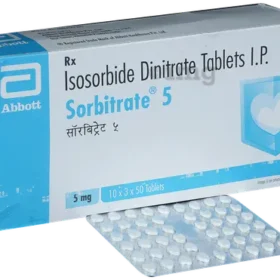 Isosorbide dinitrate
Isosorbide dinitrate









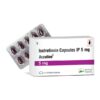
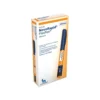
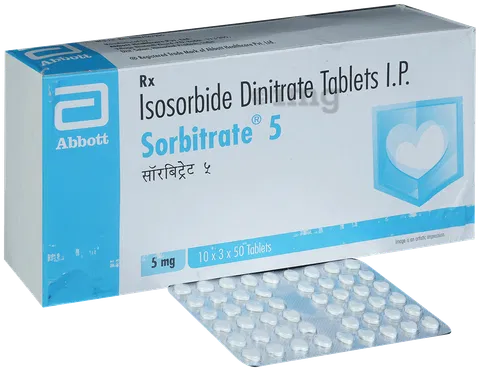
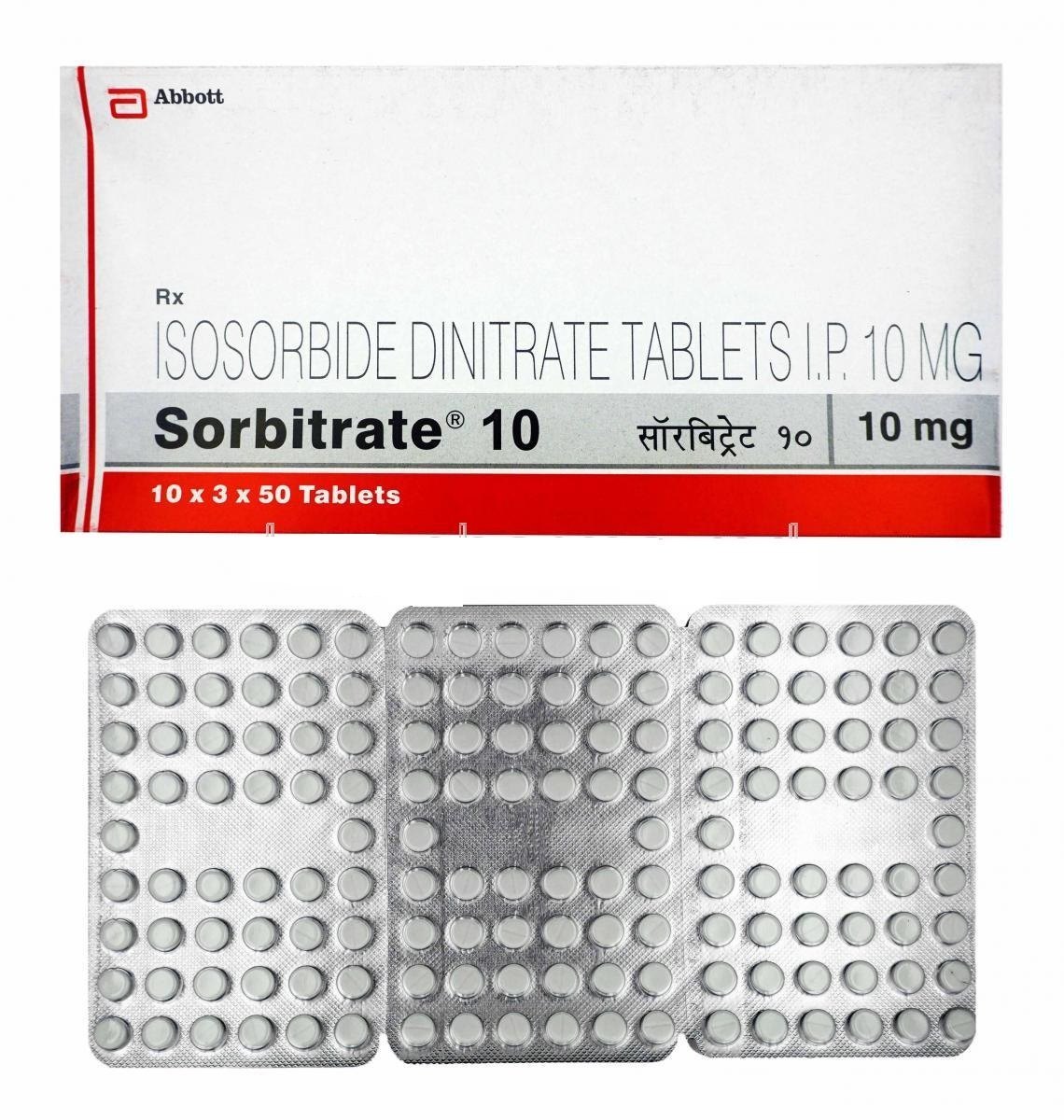
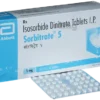
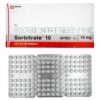
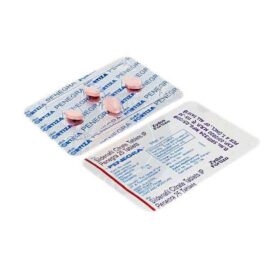
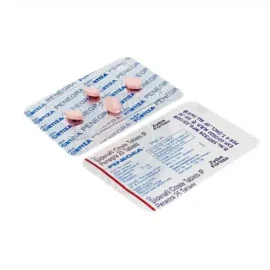
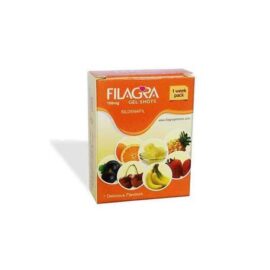
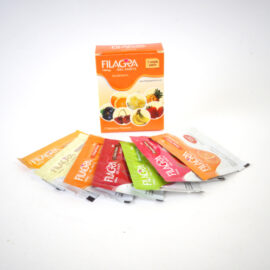
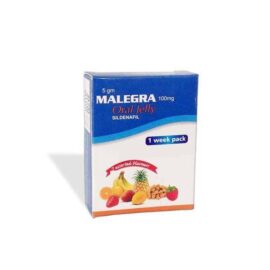

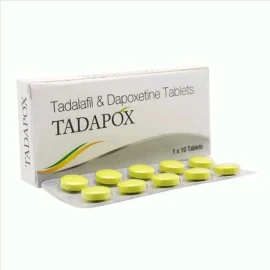
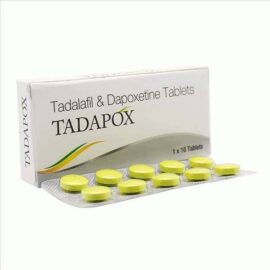
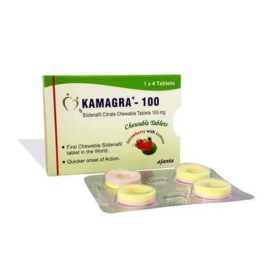
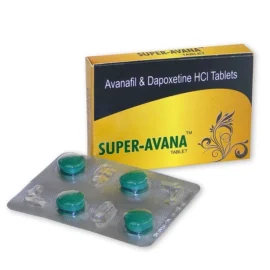
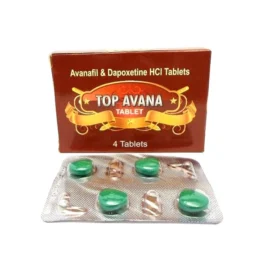
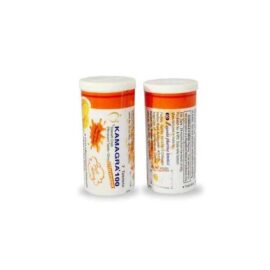
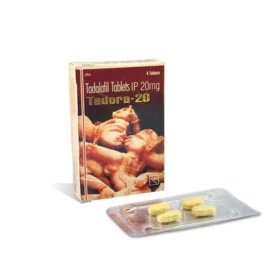
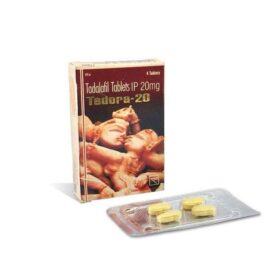
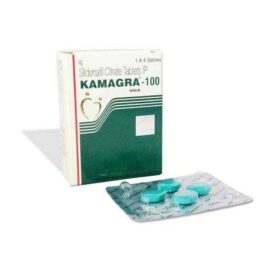
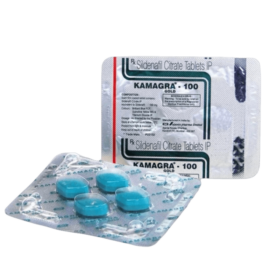
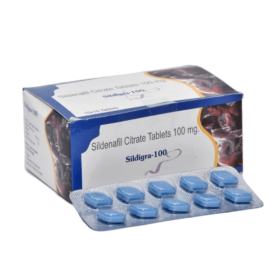
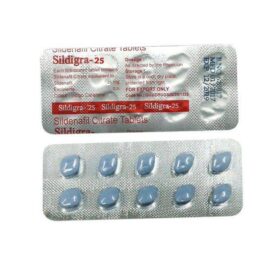
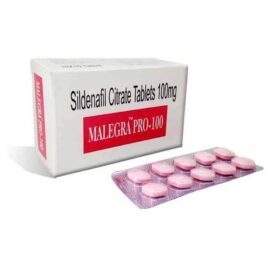
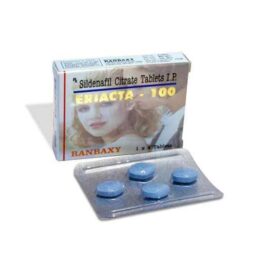
Reviews
There are no reviews yet